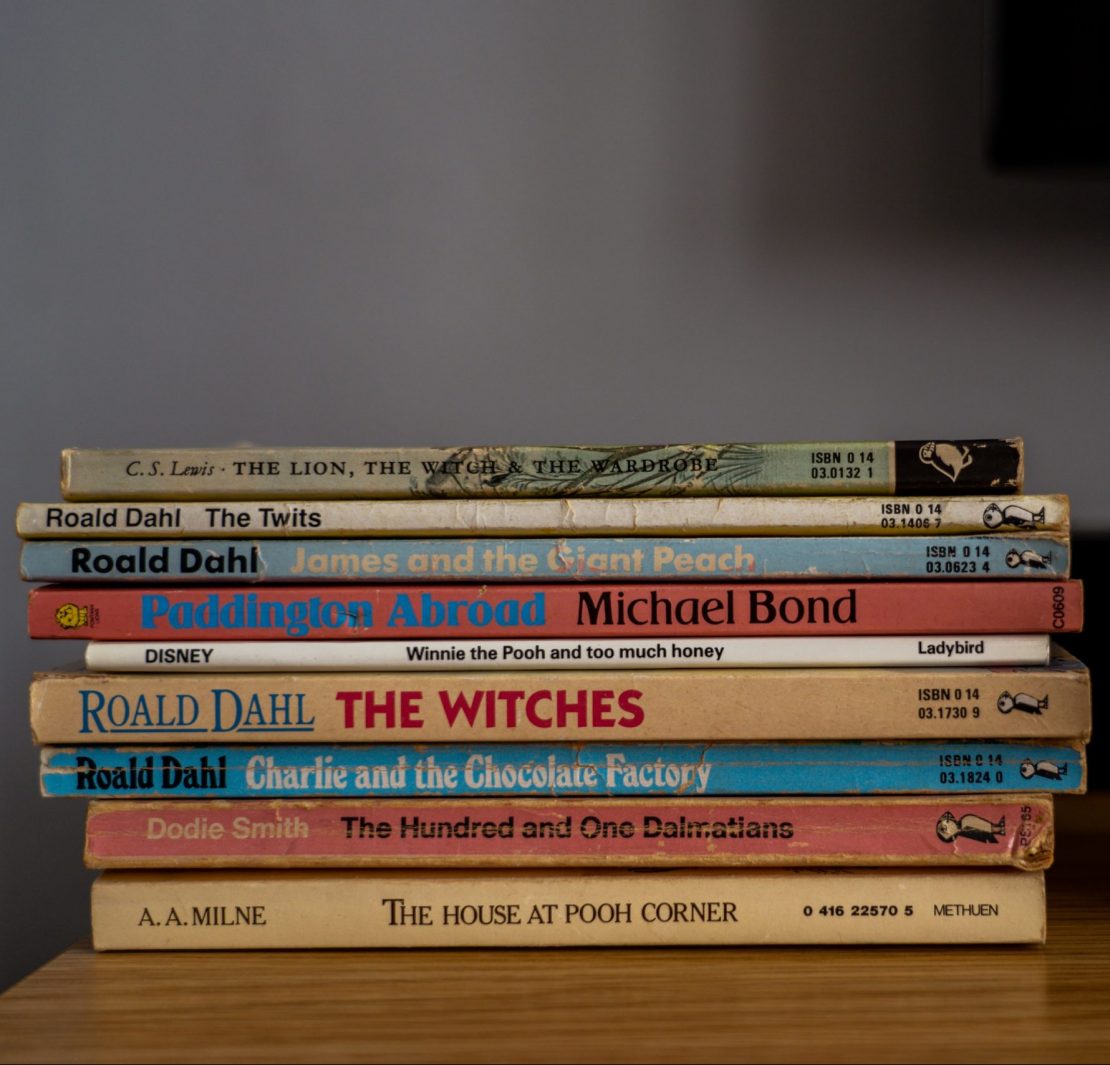New editions of Roald Dahl’s books have been edited by their British publisher, Puffin Books, to alter offensive language about weight, mental health, race and gender. Many consider the Matilda author to be a controversial figure in children’s literature for his antisemitic views. The publisher and Roald Dahl’s estate joined hands with an organisation called Inclusive Minds to edit parts of his books that would not go down well with readers today.
As the Daily Telegraph first reported, they have removed words like “fat” and “ugly”, and replaced “female” with “woman” in certain references. In one of Dahl’s most popular novels, The Witches, he writes that witches are bald beneath their wigs. Now, there is an additional sentence that follows it: “There are plenty of other reasons why women might wear wigs and there is certainly nothing wrong with that.”
The new editions also include gender-neutral language. The Oompa Loompas in Charlie and the Chocolate Factory are now “small people” instead of “small men”.
Further, Puffin Books included a publisher’s note explaining the changes. “The wonderful words of Roald Dahl can transport you to different worlds and introduce you to the most marvellous characters. This book was written many years ago, and so we regularly review the language to ensure that it can continue to be enjoyed by all today.”
The move has received backlash from readers and other authors. Many believe it is a warped attempt at inclusivity that does nothing to help the cause it claims to represent.
Salman Rushdie called it “absurd censorship” in a tweet. Rushdie has faced bans, death threats and even an assassination attempt over his work. Most notably, The Satanic Verses became the subject of massive controversy.
Roald Dahl was no angel but this is absurd censorship. Puffin Books and the Dahl estate should be ashamed. https://t.co/sdjMfBr7WW
— Salman Rushdie (@SalmanRushdie) February 18, 2023
Others too voiced their concerns online, pointing out the issues with such editing.
Something about this altering of the Roald Dahl books concerns me. I'm not sure how ethical it is to edit the words of an author who is dead and can't accept or reject them.
Find new kids' books to publish, by living authors, instead of trying to polish things from another era.
— Dewi ?? (@Dewiwrites) February 18, 2023
kids like Roald Dahl because he is the weird kid in the playground who wants to show you a box full of worms and slugs, and trying to rewrite him into a preacher of didactic virtue is going to ring inevitably false to the spirit of the books
— James Palmer (@BeijingPalmer) February 19, 2023
When Roald Dahl was alive, being “cancelled” was not much of a concept. Authors today know to be far more careful in their expression. Whether that is a positive change or not is, of course, up for debate. Still, it has created a culture of accountability, which is important in all spaces. Does Puffin Books’ solution to Dahl’s derogatory language meet this objective? Judging by the reactions it has stirred, perhaps not quite.
Far too many problematic authors have dominated literary spaces through the years – JK Rowling being the most recent one to face flack from readers. However, editing their work to make it more inclusive would erase any recognition of their beliefs and behaviour instead of starting conversations around it. Scrubbing their books clean is counterproductive to accountability. The best authors can be deeply flawed in their politics, and many of them are. It is how we choose to interact with them and their work that truly matters.




